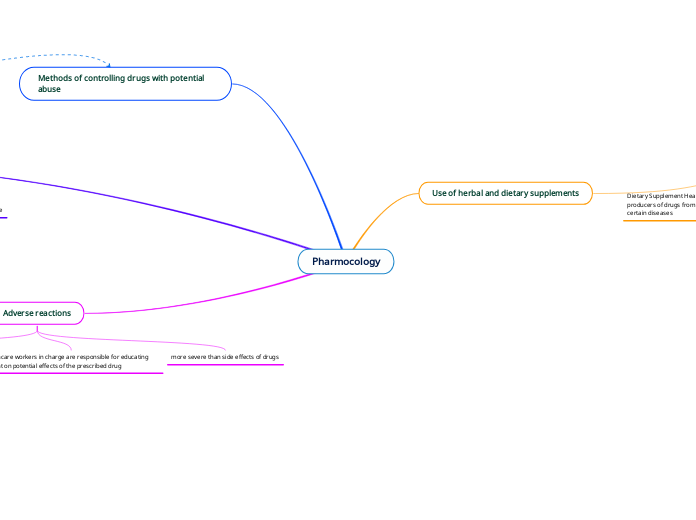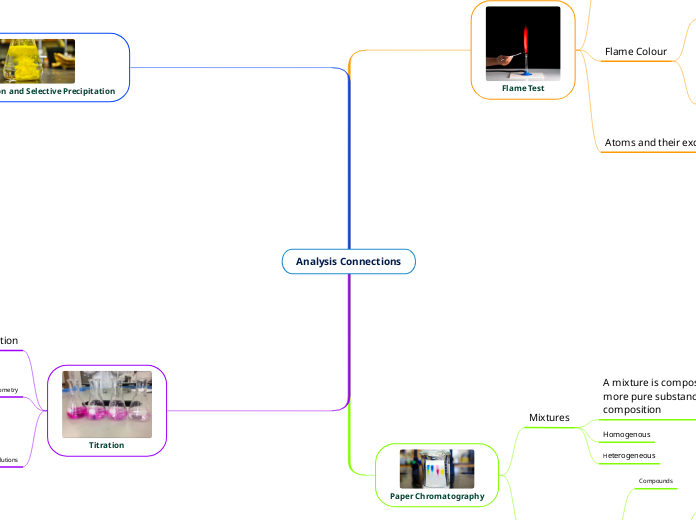CHEMISTRY the central science
Geochemistry
Atmospheric Chemistry
Hole in ozone layer
Climate change.global warming
Industrial chemistry
Major contributor to economy
the central science
Numerate science
Involves measurement
To yield information about...
Molecules and Compounds
Chemical bonding
Atoms and Elements
Chemistry of the elements
Types of Chemical Reactions
Precipitation
Oxidation-Reduction (Redox)
Acid-Base
Neutralisation
Chemical Reactions
Synthesis
Chemistry is the only 'creative science'
Fertilisers
Pesticides
Herbicides
Insecticides
Dyes
Polymers/Plastics
Drugs/medicines
Analysis
Major sub-fields
Physical
Chemical Kinetics
Economics of chemical processes
Chemical Equilibria
Thermodynamics
Energy of reactions
Feasibility of reaction
Electrochemistry
States of matter
Solutions
Gases
Liquids
Solids
Nuclear
Inorganic
Organic
Biochemistry
Physical Sciences
Physics
Maths
Natural Sciences
Biology
Geology









